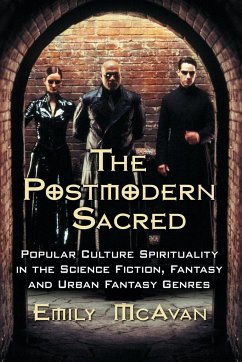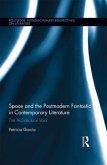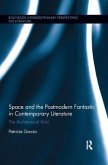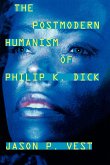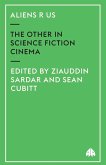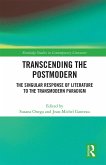From The Matrix and Harry Potter to Stargate SG:1 and The X-Files, recent science fiction and fantasy offerings both reflect and produce a sense of the religious. This work examines this pop-culture spirituality, or "postmodern sacred," showing how consumers use the symbols contained in explicitly "unreal" texts to gain a secondhand experience of transcendence and belief. Topics include how media technologies like CGI have blurred the lines between real and unreal, the polytheisms of Buffy and Xena, the New Age Gnosticism of The DaVinci Code, the Islamic "Other" and science fiction's response to 9/11, and the Christian Right and popular culture. Today's pervasive, saturated media culture, this work shows, has utterly collapsed the sacred/profane binary, so that popular culture is not only powerfully shaped by the discourses of religion, but also shapes how the religious appears and is experienced in the contemporary world.
Bitte wählen Sie Ihr Anliegen aus.
Rechnungen
Retourenschein anfordern
Bestellstatus
Storno

